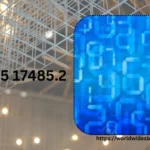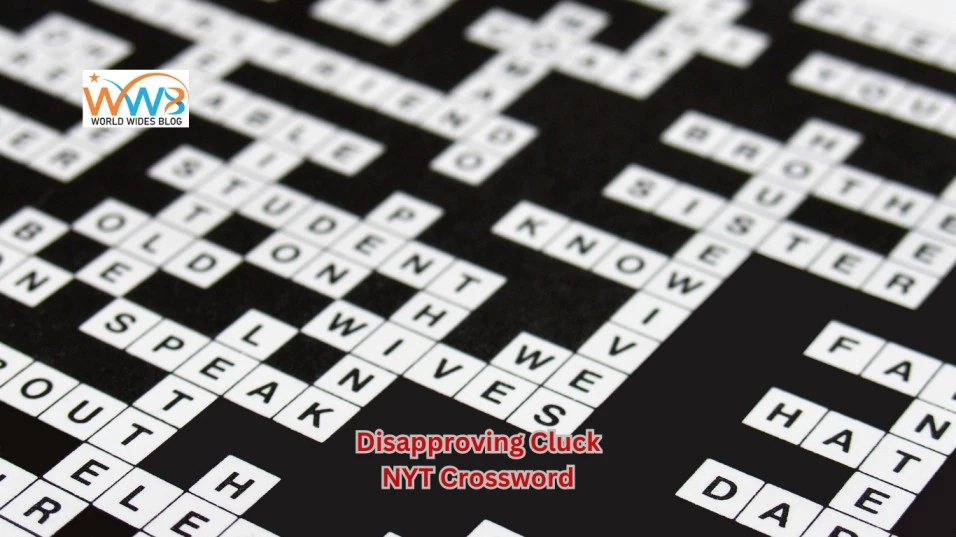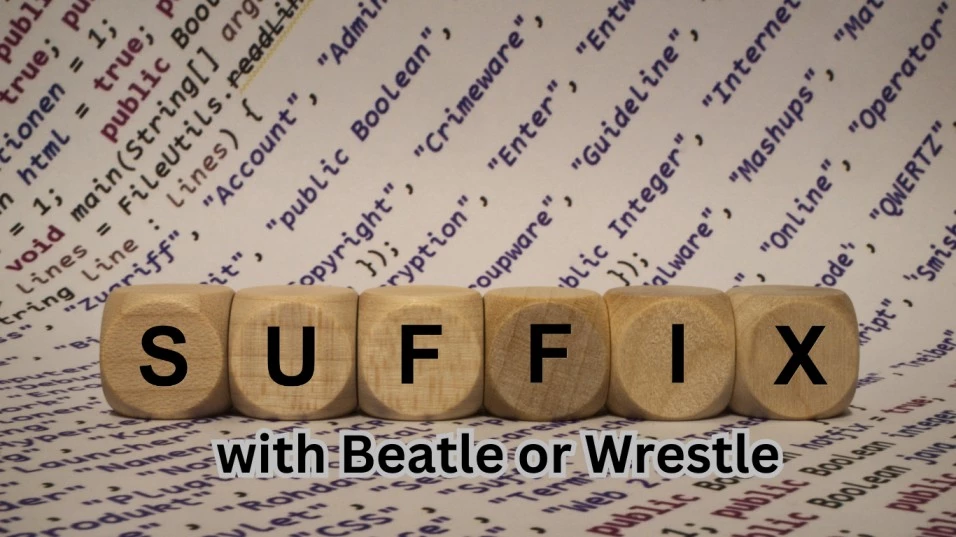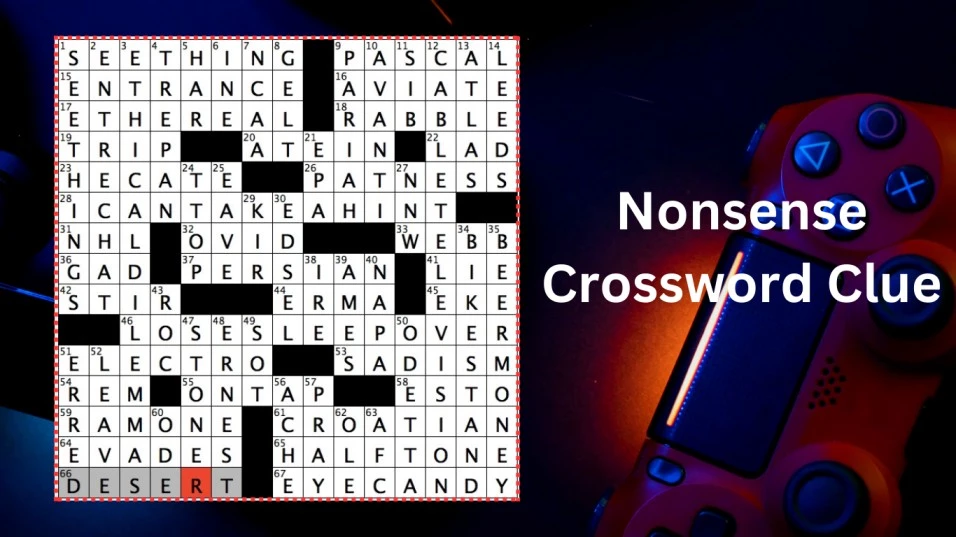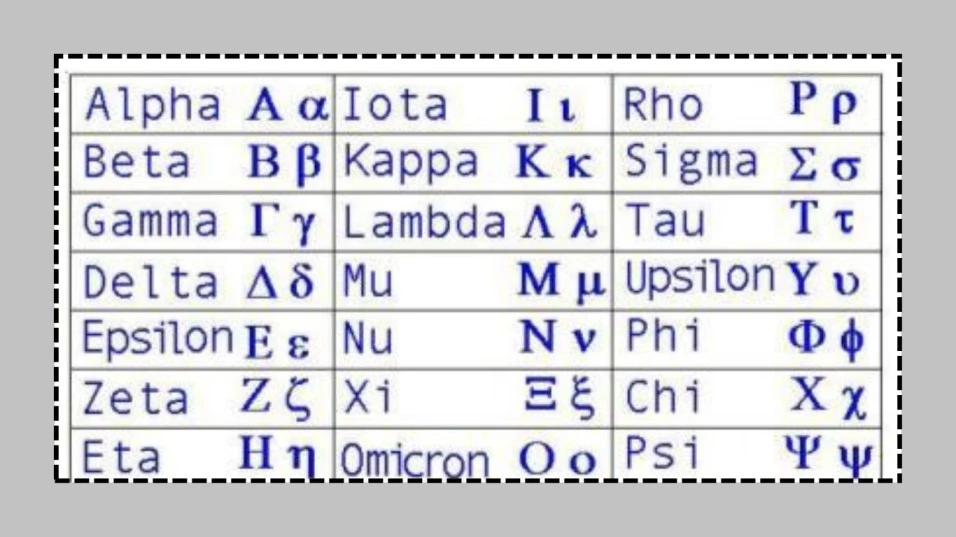If you’re a fan of crossword puzzles, notably the New York Times (NYT) Crossword, you’ve probably encountered your fair share of head-scratching clues. One that might have given you pause is the Disapproving Cluck NYT clue. But what exactly does it mean? And how do you approach solving it? In this article, we’ll break down everything you need about this curious clue and help you sharpen your crossword-solving skills.
What is the NYT Crossword?
History of NYT Crossword
The New York Times Crossword has been popular with puzzle lovers since it first appeared in 1942. Over the decades, it has grown in popularity and complexity, becoming a beloved daily ritual for many. Whether you’re a seasoned solver or a beginner, the NYT Crossword offers something for everyone.
Why It’s So Popular
The appeal of the NYT Crossword lies in its clever construction, diverse themes, and the satisfaction of cracking a tricky puzzle. Each puzzle is a unique challenge, often reflecting current events, pop culture, and clever wordplay.
Common Themes in NYT Crosswords
NYT Crosswords often include themes that tie the clues and answers together. These themes can be anything from puns to cultural references, adding extra enjoyment to problem-solving.
Understanding Crossword Clues
Different Types of Crossword Clues
Crossword clues are different, and each requires a different approach to solving. Understanding these types is critical to becoming a better solver.
Literal Clues
Literal clues are straightforward. The answer is usually a word that means the same thing as the clue. For example, the clue “Fast” might lead you to the answer “Quick.”
Cryptic Clues
Cryptic clues are harder to solve and often use tricks with words. They may require you to think outside the box, as the answer is hidden in a riddle-like format.
Wordplay Clues
Wordplay clues involve puns, anagrams, and other playful manipulations of language. They are ubiquitous in the NYT Crossword and can be challenging and fun.
The Disapproving Cluck NYT Clue Explained
What Does “Disapproving Cluck” Mean?
A “Disapproving Cluck” refers to a sound or gesture that expresses mild disapproval or annoyance. It’s the noise someone might make when they’re unhappy with something—like a quick “tsk” or “tut.”
Common Uses in Everyday Language
In everyday conversations, a disapproving cluck NYT is often used to subtly show disapproval without saying anything outright. It’s a non-verbal cue, saying, “I don’t agree,” or “That’s not okay.”
Context Within the Crossword Puzzle
In crossword puzzles, the clue Disapproving Cluck NYT typically leads to short answers like “Tsk,” “Tut,” or “Tch,” all of which are familiar sounds associated with disapproval. Understanding this can help you quickly solve this type of clue.
How to Solve Clues Like “Disapproving Cluck NYT”
Tips for Solving Crossword Puzzles
- Start with Easy Clues: Fill in the answers you know first to build momentum.
- Recognize Common Answers: Familiarize yourself with frequently used short words and abbreviations.
- Match Clue and Answer Length: The number of spaces in the puzzle often hints at the length of the answer.
- Pay Attention to Tense: Ensure the answer matches the tense of the clue.
- Use Online Tools: Crossword solver websites can help you find possible answers when stuck.
- Consider Wordplay: Look for puns, anagrams, and hidden meanings in tricky clues.
- Check Crossings: Use intersecting answers to confirm or revise your guesses.
- Practice Often: The more puzzles you solve, the better you will become.
Analyzing the Clue Structure
Start by carefully analyzing the clue itself. Determine if the clue is straightforward, tricky, or a type of wordplay. For Disapproving Cluck NYT Crossword Clue, knowing it’s likely a sound or short expression can lead you to the correct answer. Understanding the structure of the clue will guide your thinking process and narrow down possible answers.
Identifying Common Crossword Patterns
Crossword puzzles often follow specific patterns that can be extremely helpful when stuck. For instance, short clues usually have short answers, and joint sounds or expressions like “Tsk” or “Tut” appear frequently in puzzles. Familiarizing yourself with these patterns can make solving clues quicker and easier.
Leveraging Crossword Puzzle Databases
Feel free to use online crossword puzzle databases when all else fails. These resources allow you to input the letters you already have and suggest possible answers. They’re handy for solving challenging clues like Disapproving Cluck NYT Crossword Clue when you’re close but can’t quite figure it out.
Other Commonly Misunderstood Clues
Examples of Tricky Clues in the NYT Crossword
The NYT Crossword is known for its challenging and often deceptive clues. Here are some examples that can trip up even seasoned solvers:
- “Noted Maker of Music” (Answer: “Pianist”) – This clue plays on the word “noted” to refer to someone who makes music rather than a musical note.
- “Grumpy One in the Seven Dwarfs” (Answer: “Dwarf”) – This clue misleads by making you think it’s referring to the name of the dwarf, while it’s a more general term.
Similar Clues to “Disapproving Cluck”
Clues similar to “Disapproving Cluck” often involve sounds or expressions of disapproval:
- “Sound of Displeasure” (Answer: “Tsk”)—Like Disapproving Cluck NYT, this clue refers to a nonverbal expression.
- “Mild Reprimand Sound” (Answer: “Tut”) – This clue uses a synonym for a disapproving noise.
How to Approach Tricky Clues
- Break Down the Clue: Analyze each part of the clue to identify if it’s literal, cryptic, or involves wordplay.
- Consider Alternative Meanings: Consider different interpretations of the words used in the clue.
- Use Cross-references: Check intersecting answers to confirm or adjust your guesses.
- Take a Step Back: If a clue seems too tricky, move on to other clues and return with a fresh perspective.
The Importance of Context in Crosswords
How Context Shapes Clue Interpretation
Context is very important when solving crossword clues. The surrounding clues and the overall theme of the puzzle can significantly influence how you interpret each clue. Here’s how context can shape your approach:
- Puzzle Theme: Many crosswords have a central theme that ties together the answers. Finding the theme can give you hints about the answers. It can also help you with related clues.
- Adjacent Clues: The answers to clues that intersect with the clue in question can offer valuable hints. For example, knowing the answer to a crossing clue can help you figure out the current clue by providing letters or context.
The Role of Cultural References
Cultural references often appear in crosswords and can provide essential clues for solving. Understanding these references can make it easier to decipher specific answers:
- Pop Culture: References to movies, celebrities, or events can guide you towards the correct answer. For example, a clue about a famous movie might refer to an actor or character from that film.
- Historical Figures: Knowledge of historical events or figures can also be helpful. For instance, a clue about a prominent historical leader might lead you to a specific name or term related to their era.
How Previous Answers Can Provide Hints
Previous answers in the puzzle can offer significant clues for solving the remaining clues:
- Letter Placement: The letters from answers you’ve already filled in can help you determine possible letters for other answers. Use these intersecting letters to guide your guesses.
- Answer Patterns: Recognizing patterns in answers you’ve already solved can help you anticipate the structure of other answers, making it easier to fill in gaps and solve tricky clues.
Attention to context, cultural references, and previous answers can enhance your ability to solve crosswords and make the puzzle-solving experience more enjoyable and efficient.
The Appeal of Challenging Crossword Clues
Why Do People Love Tricky Clues?
Tricky crossword clues captivate many solvers for several reasons, creating a unique blend of challenge and reward:
The Satisfaction of Solving a Tough Puzzle
Solving a challenging crossword puzzle feels rewarding. The thrill of cracking a tough clue or completing an entire puzzle after much effort provides a rewarding feeling of accomplishment. Successfully navigating complex clues validates your problem-solving skills and intellectual perseverance, making the process enjoyable and fulfilling.
The Mental Benefits of Crosswords
Crossword puzzles are more than just a fun activity—they offer significant mental benefits:
- Cognitive Exercise: Solving crosswords stimulates the brain, enhancing cognitive functions like memory, reasoning, and problem-solving skills. It’s akin to a workout for the mind, keeping it sharp and active.
- Stress Relief: Engaging in a challenging yet enjoyable activity like crossword puzzles can relieve stress. It provides a focused distraction from daily worries, contributing to overall mental well-being.
- Vocabulary Expansion: Regularly solving crosswords exposes you to new words and phrases, which can expand your vocabulary and improve your language skills.
The appeal of tricky crossword clues lies in their ability to offer both a satisfying challenge and valuable cognitive benefits. Embracing these puzzles can enhance your problem-solving skills, relieve stress, and enrich your vocabulary, making them worthwhile and enjoyable.
Tools and Resources for Crossword Solvers
Online Crossword Dictionaries
Online crossword dictionaries are invaluable tools for solvers of all skill levels. These resources provide:
- Extensive Word Lists: Access to a wide range of words and their meanings, helping you find the correct answer when you’re stuck.
- Clue Assistance: Search by clue type or partial answers to discover possible solutions, making it easier to solve challenging puzzles.
- User-Friendly Features: Many online dictionaries have search functions that allow you to input known letters and get suggestions based on patterns.
Crossword Solver Apps
Crossword solver apps offer a convenient way to tackle puzzles on the go. These apps typically feature:
- Clue Databases: Access to extensive databases of clues and answers that can help solve complex or obscure clues.
- Answer Generators: Tools that generate possible answers based on the letters and patterns you input, assisting in finding the right solution.
- Interactive Features: Some apps provide hint options, crossword tutorials, and community support.
Community Forums and Groups
Community forums and groups are great for collaborative solving and learning. They offer:
- Discussion Boards: Platforms where you can discuss clues, share strategies, and get help from other solvers.
- Expert Advice: Access to experienced solvers who can provide insights and tips for tackling complex puzzles.
- Shared Resources: Many forums offer resources. They share tips for solving clues, crossword strategies, and recommendations for valuable tools.
Utilizing online crossword dictionaries, solver apps, and community forums can enhance your skills, making the puzzle-solving experience more enjoyable and effective.
Conclusion
The Disapproving Cluck NYT Crossword Clue is a classic example of how crosswords can be challenging and fun. Understanding the different types of clues and using the right strategies can improve your crossword-solving skills and allow you to enjoy the process even more. So, the next time you encounter a tough clue, remember that practice makes perfect—and that the satisfaction of solving it is well worth the effort.
FAQs
What does Disapproving Cluck NYT usually mean in a crossword?
- In a crossword, Disapproving Cluck NYT typically refers to sounds like “Tsk,” “Tut,” or “Tch,” which are typical expressions of disapproval.
How can I improve at solving crossword puzzles?
- Practice regularly, familiarize yourself with common clue patterns, and use online resources like crossword dictionaries and solver apps.
Are there any tools to help with challenging crossword clues?
- Many tools are available, including online crossword dictionaries, solver apps, and community forums where you can discuss tricky clues with other solvers.
What makes the NYT Crossword so challenging?
- The NYT Crossword is known for its clever wordplay, cultural references, and tricky clues that require knowledge and problem-solving skills.
Where can I find more tips on solving NYT Crossword puzzles?
- You can find tips in online crossword-solving communities, forums, and blogs dedicated to puzzle enthusiasts. Additionally, many books and guides offer advice on improving your crossword skills.


